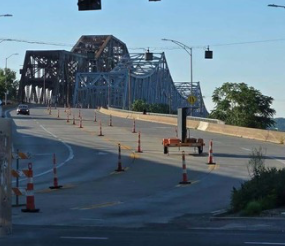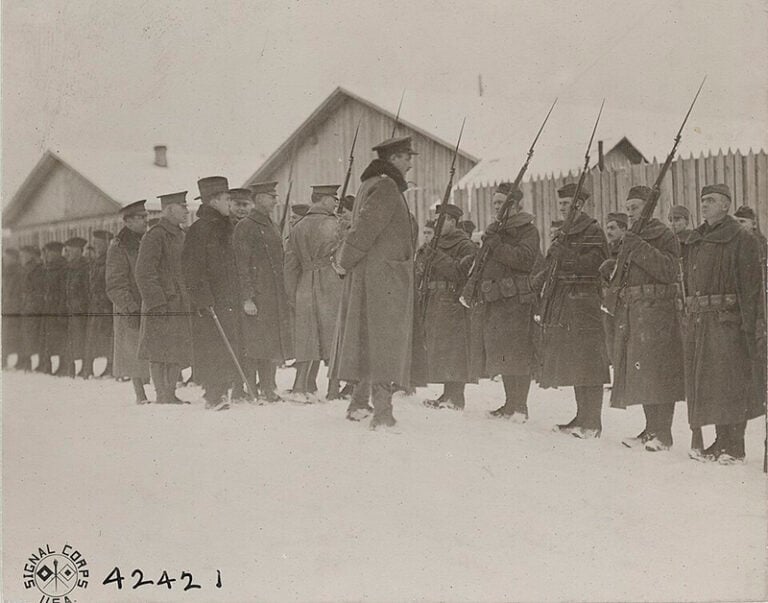The League of Women Voters of Kentucky released How Can They Do That (Part 2): Ongoing Challenges to Transparency and Citizen Participation in Kentucky’s Legislative Process.
The report adds data on processes used to pass bills in the 2024 General Assembly to those used in a 2023 sample of legislative sessions between 1998 and 2022, as reported last year.
“Our democracy depends on informed and active public participation in decision-making,” said Jennifer A. Jackson, president of the LWVKY. “While elections are crucial, public engagement should extend beyond voting alone. Citizens must have the opportunity to contribute throughout the legislative process, and lawmakers should prioritize careful study and listening to ensure a comprehensive and participatory approach to finalizing legislation.”
The additional analysis shows the Kentucky General Assembly has continued to fast-track
legislation in ways that make it difficult or impossible for citizens, journalists, and fellow legislators to review and comment on important and sometimes controversial bills.

In addition to updating evidence on the fast-track maneuvers reported last year, the 2024 report identifies four additional tactics that hinder public access and demonstrate poor use of legislative time.
These processes violate what the League calls the Democracy Principle: We, the people, have a right to participate in decisions that affect us.
Major Findings: The analysis found in the 2024 legislative session, the General Assembly continued to use four fast-track maneuvers identified in our 2023 report:
• Holding required “readings” of bills before any committee has considered the bill, allowing bills to be fast-tracked with no time for public input.
• Last-minute committee substitutes: Legislators replace original bills with last-minute substitute versions, allowing little or no time for the public to review or comment before the committee votes.
• Holding “floor” (full House or Senate) votes on bills the same day those bills were approved in committee.
• Holding floor votes on free conference committee reports (usually containing significantly changed language) on the same day the reports are filed.
This year’s report documents four additional tactics that challenge the Democracy Principle:
• Loss of prefiled bills. The legislature discontinued access to prefiled bills, making it hard or impossible for Kentuckians to prepare for the legislative session.
• Shell bills. Legislators file bills with little or no substantive language to use as placeholders for more substantive language to be inserted after the deadline for filing legislation.
• Committee meetings held at irregular times or not at all. Instead of holding committee meetings at the scheduled time, surprise meetings are held outside the published schedule.
• Inconsistent access to records of legislative action. The legislature provides inconsistent access to important records, such as minutes of committee meetings and the legislative Journals of Proceedings required by the Constitution of Kentucky.
Although some legislators may claim that procedures like these have always happened, our analysis showed that 25 years ago, less than 5% of bills that became law used one or more of the four fast-track maneuvers described in both the 2023 and 2024 reports. In 2002, the percentage began to increase significantly. By 2024, 37% of bills that passed the House and 23% that passed the Senate were fast-tracked in ways that cut out the public. This use of fast-track maneuvers in 2024 is roughly the same as in 2022.
In addition, the filing of shell bills that can be changed substantially at the last minute has increased from roughly 15 shell bills filed in 2010 to 140 in 2024. The report also documents that during the 2024 session, legislative committees and subcommittees canceled over half of their scheduled meetings, often holding meetings at irregular times on short notice to the public.
Major Recommendations: The General Assembly must strengthen citizens’ participation in our democracy. It can do that in multiple ways:
• Hold the three required bill “readings” on separate days after a standing committee sends the bill to the whole House or Senate for a vote.
• Make committee substitute bills available online at least one full day before the committee meeting where the substitute will be considered.
• Allow at least one full day between the last standing committee action on a bill and the House or Senate floor vote on the bill.
• Allow at least one full day between free conference committee revisions to a bill and the House and Senate floor votes on that changed bill.
• Restore prefiled bills.
• Limit the need for and use of shell bills by filing substantive bills before filing deadlines.
• Transact most committee business during regularly scheduled meetings.
• Announce any additional committee meetings in the daily legislative calendar published the night before
.
• Make records of legislative proceedings and committee meetings available to the public in a timely fashion.
The report, How Can They Do That (Part 2): Ongoing Challenges to Transparency and Citizen Participation in Kentucky’s Legislative Process, is available at lwvky.org/how-can-they-do-that.
A data appendix documenting each concern is also available at that website. The LWVKY Transparency Committee researched and wrote the report over the last six months, and the report has been approved by the LWVKY Board for release.
Kentucky League of Women Voters

















